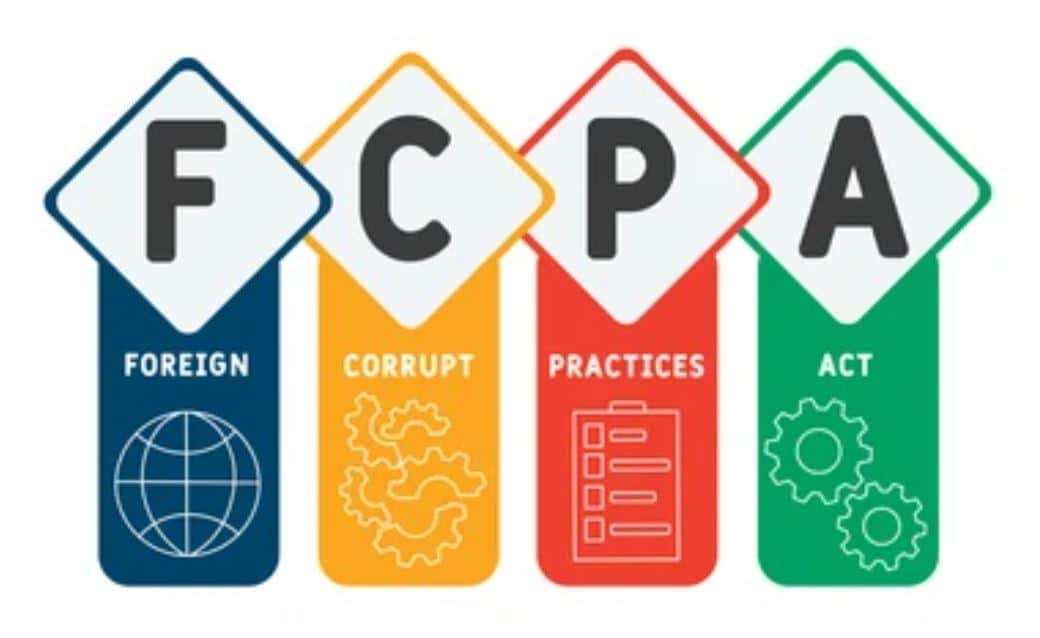
This article was originally published on Bloomberg Law
and is reprinted here with permission: bloomberglaw.com
Global companies, particularly those with international customers, operate in an environment of multifaceted regulations and increased geopolitical uncertainty that continues to test legal and compliance teams.
President-elect Donald Trump’s ambitious agenda will produce a ripple of policy reactions from US allies and adversaries, impacting ongoing business operations. Understanding the cause-and-effect dynamics is fundamental to thriving in a global economy that’s increasingly shaped by geopolitical pressure.
This places in-house counsel in a unique position. The role of interpreting and applying guidelines is critical as new US rules come into play. However, counsel must also dissect the motivations behind policy decisions to anticipate the impact of retaliatory actions overseas—in the form of new regulations, increased enforcement, and higher taxation.
In-house counsel must play a crucial role in any global risk mitigation strategy. Therefore, legal teams may need to brush up on geopolitics and the impact of regulation on world events, and vice-versa.
While the Trump administration promises deregulation at home, US companies operating overseas may not get a pass because of long-standing and emerging international regulatory frameworks.
The General Data Protection Regulation and other EU privacy laws will continue to apply to US companies operating in Europe. Violations can have significant financial consequences. Meta recently faced €1.2 billion fine ($1.3 billion), the largest GDPR fine to date, for perceived privacy violations in Ireland.
Although this divergence exists today, we may see more stringent enforcement actions or pointed regulations targeting US firms in response to the Trump administration’s approach to global trade and the environment.
The incoming administration has suggested using tariffs to achieve policy goals, including against allies Canada and Mexico. This produced immediate proposals for retaliation. Mexico’s president, Claudia Sheinbaum, sent a letter to President-elect Trump confirming that Mexico would impose their own tariffs, potentially harming American companies including General Motors and Ford.
Canada proposed export tariffs on key resources, including uranium, oil, and potash. If the US or Canadian tariffs transpire, they aren’t likely featured in any corporate projections for next year. In the case of potash, it’s unlikely that most farmers can absorb any subsequent increase in fertilizer costs.
Companies must consider alternative global strategies to minimize their tariff risk exposure for key imports. This is challenging, given the unpredictability of how tariffs will come into play and, in some cases, the scarcity of available resources.
Similarly, sanctions programs have grown significantly worldwide aimed at containing global conflict. Based on past practices, the new administration will likely continue using sanctions as a method of economic warfare and conflict containment.
Depending on the reach of your supply chain and customer base, you may have hidden risk exposure. This requires dedicated attention and resources to mitigate your risk through increased vetting and, in some cases, deep-dive due diligence on your business partners, clients, and suppliers.
The new world order also involves increased competition between the US and China. This has led to state-backed cyberattacks on US business operations that seek to weaken US security and preparedness for war in the South China Sea.
Last March, the Department Of Justice unsealed an indictment charging several Chinese nationals involved in a hacking scheme spanning over 14 years. Private companies, including law firms, were directly targeted.
Economic espionage is also an ongoing risk factor for US companies, as China seeks to gain an unfair advantage in the ongoing competition for dominance in the high-tech industry, which, in theory, translates into military and economic strength. In one case, a Chinese resident and owner of a China-based business pleaded guilty to conspiring to send trade secrets from a US-based electric vehicle company back to China, demonstrating how vulnerable certain sectors are to theft.
Managing the fallout from global conflicts also presents significant challenges for C-suites and boards.
The key banking regulators in the US and Europe are already sounding the alarm. What stands out is banking regulators focus on the far-reaching impact of geopolitical risk on the global economy. The European Central Bank acknowledged that “non-banks are among the first to feel geopolitical stress” and noted that specific industries, such as transportation and manufacturing, may feel the pain before others.
The Office of the Comptroller of the Currency explained in a 2024 risk report that “[o]ngoing geopolitical conflicts and tensions continue to affect the normal functioning of the global economy. These conflicts and tensions could disrupt global trade, supply chains, and commodity markets.”
The OCC also emphasized the need for geopolitical risk management in its 2025 bank supervision operating plan to avoid “adverse financial, operational, and compliance implications.“
The combination of export controls, sanctions, and supply chain breakdowns impacted bottom lines across industries last year. While the private sector has started paying more attention, and there is an increasing level of discussion on how best to monitor and manage geopolitical risk, many US firms still have some catching up to do.
The ECB has recommended that financial institutions “regularly assess their resilience to geopolitical risk by carrying out dedicated and thorough assessments and stress tests.” The body also highlighted the importance of developing robust contingency plans.
This is sound advice that non-financial institutions should consider implementing.
While US companies may welcome the prospect of a decreased domestic compliance burden this year and in the near future, there is more to the story.
Multinational companies that develop strategies for growth in a multipolar regulatory environment will have a near-term competitive advantage over other firms. In the long term, lessons learned during this period should also place them in a more resilient position for future growth.
This article does not necessarily reflect the opinion of Bloomberg Industry Group, Inc., the publisher of Bloomberg Law and Bloomberg Tax, or its owners.
Christopher Mason is vice president of global compliance and investigations at Infortal Worldwide, and served with the Department of Homeland Security for more than 10 years.



